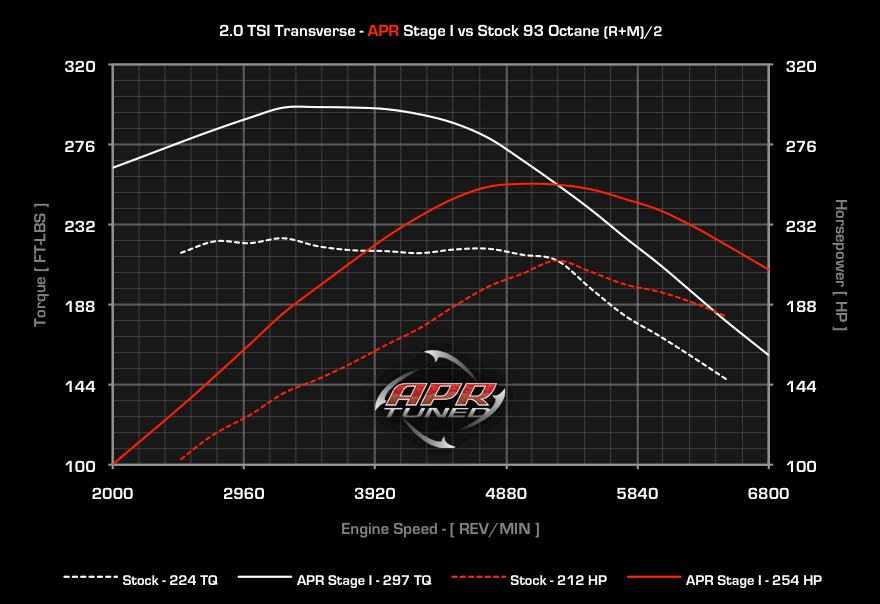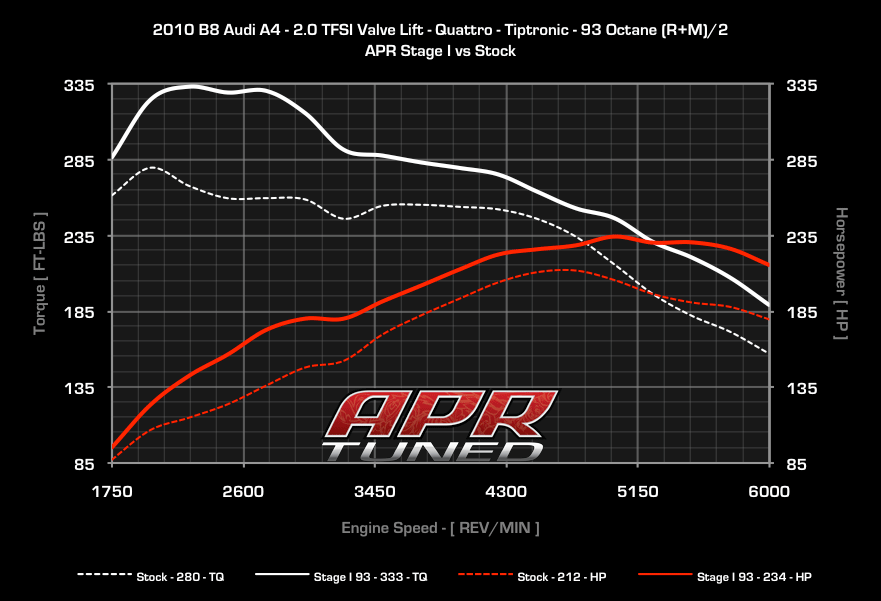Originally Posted By: WagonBoss
...If short OCI with high end synthetics is the answer...
We'll likely see most cars as DI in the future as manufacturers need to squeeze more power from smaller displacement.
I don't think it would be accurate to say that short OCI's with high end synthetics are the answer to the valve deposit problem, although it may be part of the answer. As long as crankcase gases are recirculated to valves which are not washed with fuel, the intake deposit issue will exist.
It can be mitigated perhaps by using an oil with fewer and/or higher quality viscosity modifiers but that would likely only go part way to solve the problem (but we lack lots of hard data to say for sure). We know that long-chain viscosity modifiers, when they break down become volatile (I have been told volatility can be similar to gasoline) which means they can be easily evacuated to the intake valves via the pcv system. So an oil that is more shear stable, with less/better VIIs would likely help.
Also it's an interesting paradox that the only agent available to "clean" the valves are the components available in evacuated cranckase "gases" such as water, fuel, and oil. Yet the contaminants in the gases are the very things doing the depositing.

![20614d1285524238-20k-[censored]-up-these-valves-imag0158.jpg](http://www.mazdaspeedforums.org/forum/attachments/f10/20614d1285524238-20k-[censored]-up-these-valves-imag0158.jpg)
![20615d1285524238-20k-[censored]-up-these-valves-imag0160.jpg](http://www.mazdaspeedforums.org/forum/attachments/f10/20615d1285524238-20k-[censored]-up-these-valves-imag0160.jpg)
![20616d1285524238-20k-[censored]-up-these-valves-imag0161.jpg](http://www.mazdaspeedforums.org/forum/attachments/f10/20616d1285524238-20k-[censored]-up-these-valves-imag0161.jpg)

